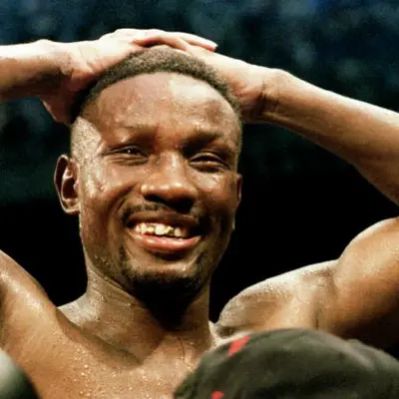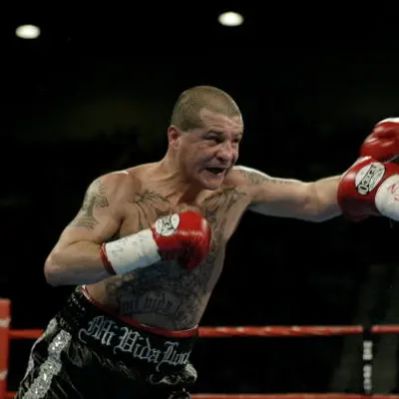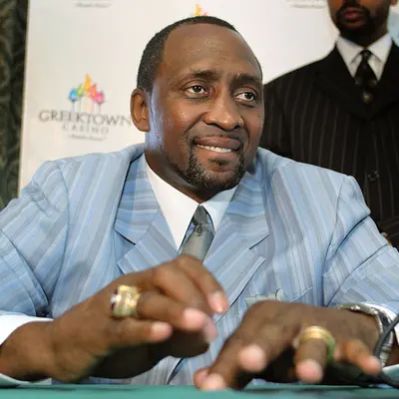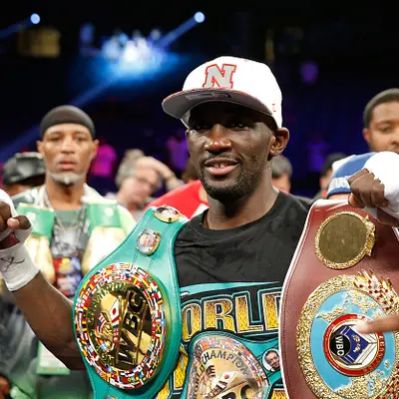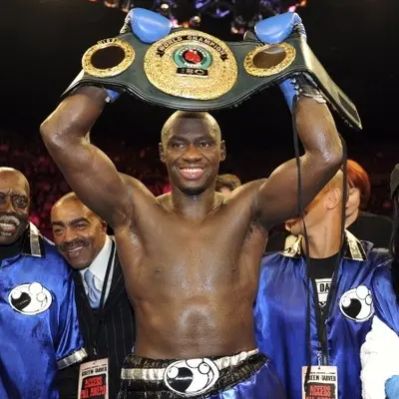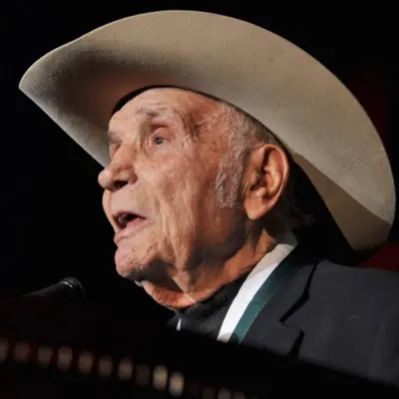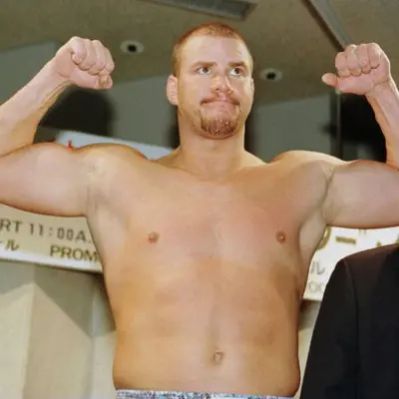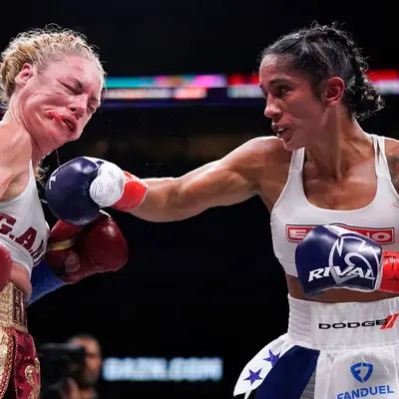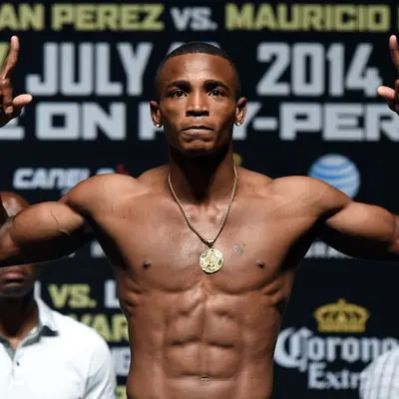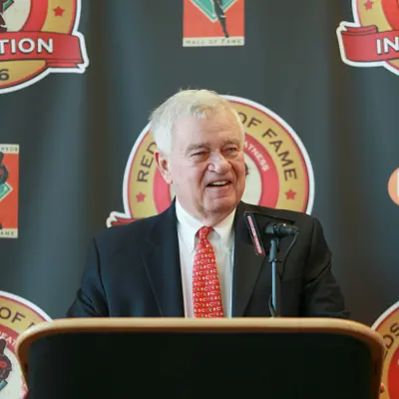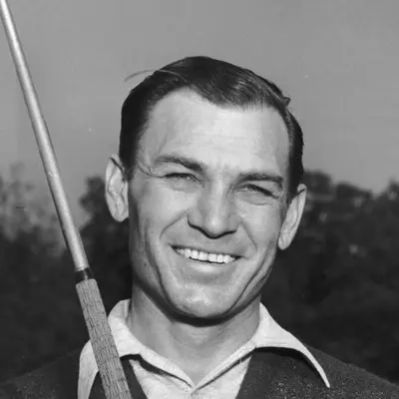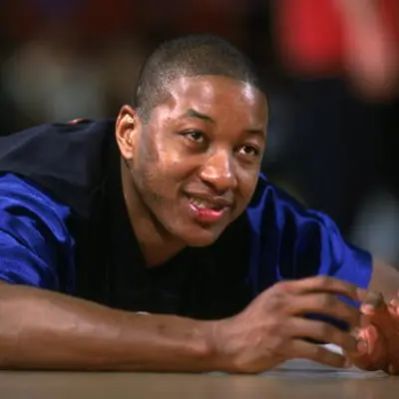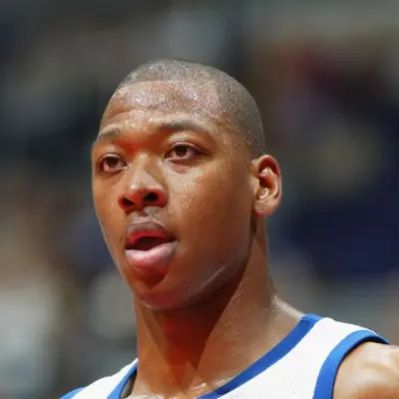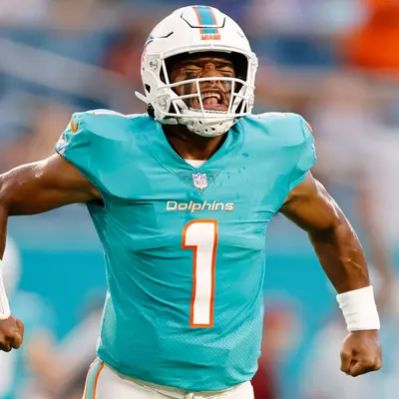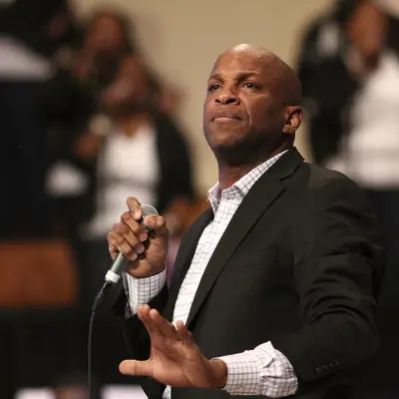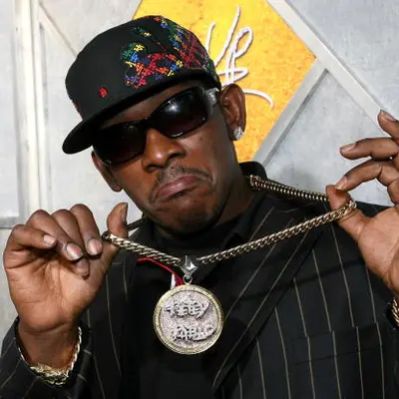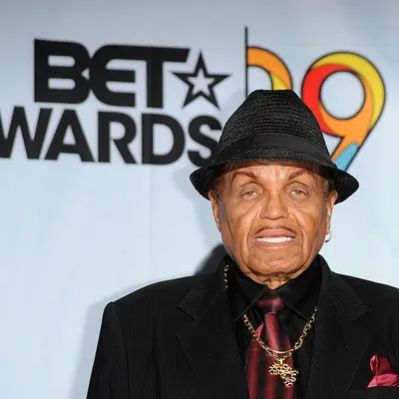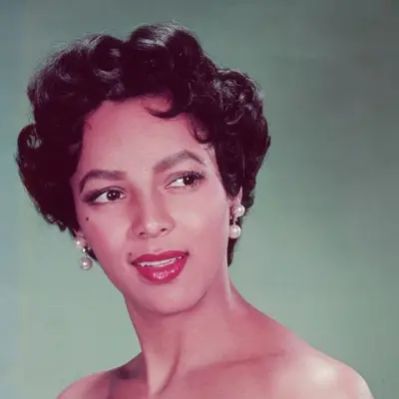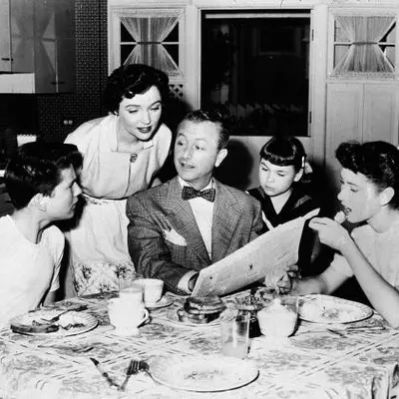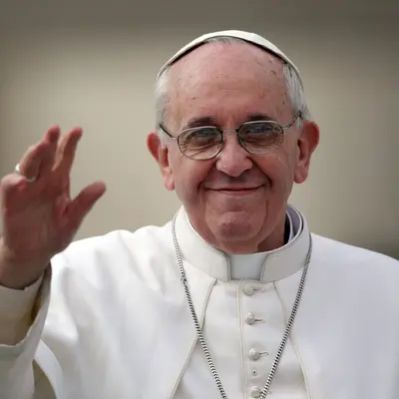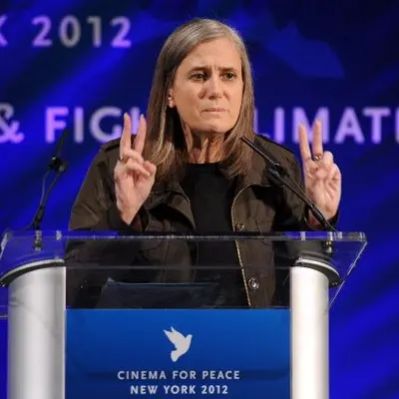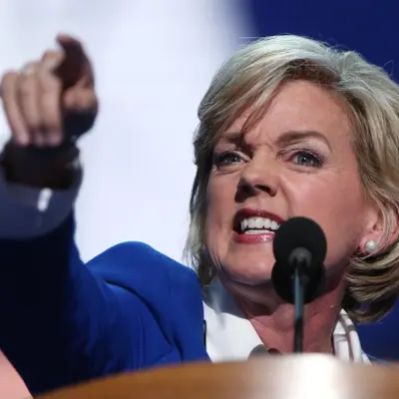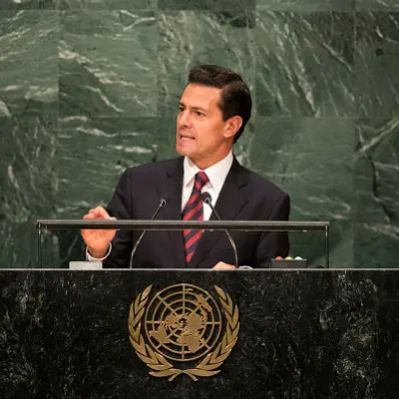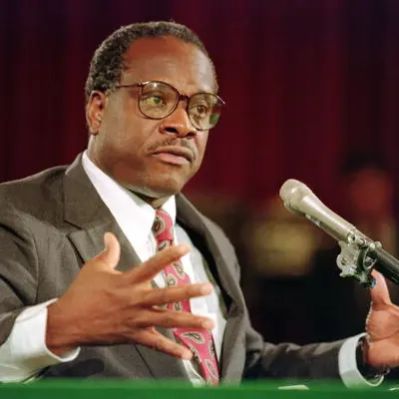What Is Pernell Whitaker’s Net Worth?
At the time of his death in 2019, Pernell Whitaker, the celebrated professional boxer and trainer known as “Sweet Pea,” had a net worth estimated at $250,000. This figure reflects a stark contrast to the millions he earned during his prime as a dominant force in the boxing world. Whitaker’s financial situation deteriorated despite his lucrative career, highlighting the challenges many athletes face in managing their wealth after retirement.
Pernell Whitaker’s Boxing Career and Earnings
Pernell Whitaker’s professional boxing journey spanned from 1984 to 2001, during which he achieved remarkable success, capturing titles in four different weight classes: lightweight, light welterweight, welterweight, and light middleweight. His accomplishments include an undisputed lightweight championship, as well as lineal lightweight and welterweight titles. In 1989, Whitaker was honored as Fighter of the Year, solidifying his status as one of the sport’s all-time greats. Notably, he holds the record for the longest unified lightweight championship reign. He was inducted into the International Boxing Hall of Fame in 2006.
While specific details of Whitaker’s fight purses are not fully available, it is evident that he earned substantial sums during his career. Securing world titles in multiple weight divisions and competing in high-profile bouts against legendary opponents like Julio César Chávez and Oscar De La Hoya would have generated significant revenue through fight purses and potential endorsement deals. However, it’s important to acknowledge that factors such as management fees, training expenses, and lifestyle choices can influence an athlete’s long-term financial stability.
Early Life and Amateur Career
Born on January 2, 1964, in Norfolk, Virginia, Pernell Whitaker Sr. discovered his passion for boxing at the age of nine. Raised with two siblings, he honed his skills in the amateur ranks, accumulating an impressive record of 201 wins out of 214 fights, with 91 victories achieved by knockout. Whitaker claimed to have participated in approximately 500 amateur fights before transitioning to the professional level. Although he experienced early setbacks, including a loss to Angel Herrera Vera at the 1982 World Championships, he later avenged this defeat on four separate occasions.
Whitaker’s amateur career culminated in a gold medal at the 1984 Olympic Games, where he triumphed over Luiz Ortiz. This achievement marked a significant milestone in his career, setting the stage for his future success in professional boxing. The financial rewards associated with amateur boxing are typically minimal, primarily consisting of stipends and sponsorships to cover training and travel expenses. Therefore, Whitaker’s early earnings were likely modest compared to the substantial income he would later generate as a professional.
Professional Career Highlights and Controversies
Whitaker’s professional debut saw him defeat Alfredo Layne, a former world champion, signaling his arrival as a promising contender. He went on to defeat Roger Mayweather, who held titles in the super featherweight and WBC light welterweight divisions. In 1988, Whitaker challenged José Luis Ramírez for the WBC Lightweight title but suffered his first defeat in a controversial split decision. Many boxing experts deemed the decision a “disgrace,” considering it one of the worst in the sport’s history. While the exact purse for this fight is unknown, it was undoubtedly a significant payday for Whitaker, given the title stakes and high-profile nature of the bout.
Undeterred by the setback, Whitaker continued to excel, defeating Greg Haugen in 1989 to claim the IBF Lightweight title. Haugen had never been knocked down before, highlighting Whitaker’s dominance. Throughout the 1990s, Whitaker defeated numerous title challengers, including Freddie Pendleton, Azuma Nelson, and Juan Nazario. After defeating Nazario, he became the first Undisputed Lightweight Champion since Roberto Duran, cementing his legacy as one of the greatest lightweights of all time. During this period, he also secured victories against Jorge Paez and Poli Diaz.
In 1992, Whitaker moved up a weight class, defeating light welterweight titleholder Rafael Pineda. He then moved up again, defeating Buddy McGirt to claim the Lineal and WBC Welterweight titles. This set up a highly anticipated fight against Julio César Chávez, widely regarded as the best pound-for-pound boxer in the world at the time. Similar to his earlier fight against José Luis Ramírez, the fight ended in controversy, with the judges declaring a majority draw. Many media outlets believed Whitaker deserved the victory. Although the specific financial details of this fight remain undisclosed, it was likely one of the most lucrative bouts of Whitaker’s career, given the magnitude of the event and the star power of both fighters.
Following a successful rematch against McGirt, Whitaker faced Julio César Vásquez in 1995. Despite being knocked down in the early rounds, Whitaker secured a comfortable victory and won the super welterweight title, marking his fourth title in four different weight classes, an achievement only accomplished by a select few boxers. He then returned to welterweight, defeating Gary Jacobs late in the fight to defend his WBC belt. However, his attempt to repeat the feat against Oscar De La Hoya was unsuccessful, with De La Hoya winning a disputed unanimous decision. While the exact purses for these fights are not publicly available, they undoubtedly contributed significantly to Whitaker’s overall earnings.
Unfortunately, Whitaker’s career took a turn for the worse when he failed a drug test after his next fight, negating his win. He then lost against Felix Trinidad in 1999, followed by his final fight against Carlos Bojorquez. In a disappointing end, Whitaker broke his clavicle in the fourth round and was forced to retire from the fight, trailing on the scorecards. He officially announced his retirement from the sport after the fight. After retiring, Whitaker transitioned to training other fighters, including Dorin Spivey, Joel Julio, Calvin Brock, and Zab Judah.
Boxing Style and Legal/Financial Issues
Whitaker was renowned for his exceptional defensive skills. As a southpaw, he excelled at counterpunching, although he lacked significant knockout power. However, his elusiveness and strong offensive strategy allowed him to consistently score strikes while avoiding his opponent. Despite his boxing success, Whitaker encountered legal and financial troubles later in life. In 2002, he was convicted of cocaine possession for violating the terms of a previous prison sentence after overdosing on cocaine earlier that year. This arrest likely had a negative impact on his earnings potential.
In 2014, reports surfaced that Whitaker had evicted his mother after a lengthy legal dispute. He reportedly needed to sell the home his mother was living in due to his financial difficulties. He had gifted the house to his mother nearly 30 years prior when he purchased the Virginia residence in 1984. At the time of the 2014 report, the home was valued at $400,000. He intended to sell the residence to access the $150,000 in equity to pay off $18,000 in unpaid taxes on the property. This situation highlights the financial challenges Whitaker faced despite his past success and earnings.
Death
In 2019, Pernell Whitaker tragically passed away after being struck by a vehicle in Virginia Beach. The incident occurred at 10 PM on July 14th while he was crossing the road. He was 55 years old.
 Net Worth Ranker
Net Worth Ranker
